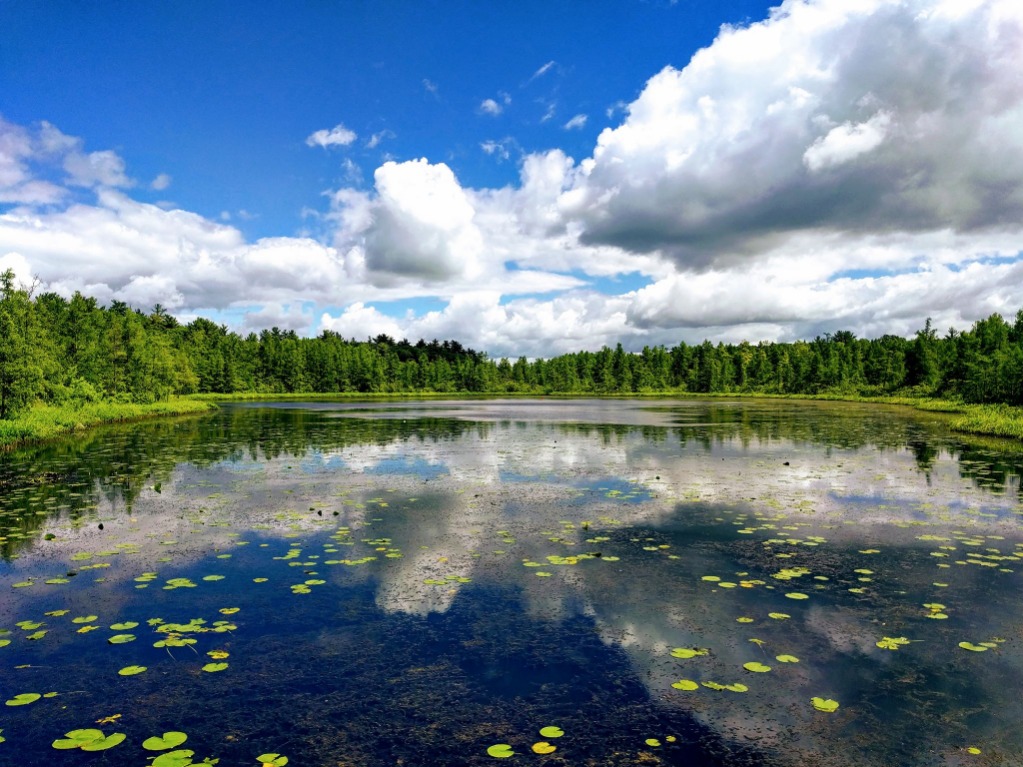Cedar Creek: Eyes on the Wild

Help researchers untangle the complex and surprising interactions among North American fauna!
Learn moreThe biggest task that the research team needs your help with is identifying animals in the network of 100+ camera traps spread across the reserve, using our Biodiversity Detective workflow. When new pictures are collected from the field, we also appreciate your help pre-screening the next season of images for wildlife presence/absence using the Animal or Not workflow. From time to time, individual scientists will have specific research questions that they also need your assistance to answer. These individual workflows will pop up below as new questions arise! Click a button below to select a workflow.
Zooniverse Talk
Chat with the research team and other volunteers!
Cedar Creek: Eyes on the Wild Statistics
View more statsKeep track of the progress you and your fellow volunteers have made on this project.
Every click counts! Join Cedar Creek: Eyes on the Wild's community to complete this project and help researchers produce important results. Click "View more stats" to see even more stats.
Percent completeBy the numbers
Message from the researcher
Thanks to our international volunteer corps, we are gaining valuable information about how wildlife use our landscapes in east central Minnesota. Join us by classifying a few photos!
Cedar Creek: Eyes on the WildAbout Cedar Creek: Eyes on the Wild
Cedar Creek Ecosystem Science Reserve, located in east central Minnesota, is the birthplace of modern ecosystem ecology. Since the early 1940s, scientists have rigorously studied nature here at the intersection of three of North America's largest biomes: the Eastern deciduous forests, the Northern coniferous forests, and the Great Plains grasslands. Although much has been learned over the past 75+ years, most of our previous studies have focused on plants and soils. How and when mammals and birds use these diverse habitats, and what role they play in these ecosystems, remains unclear... until now!